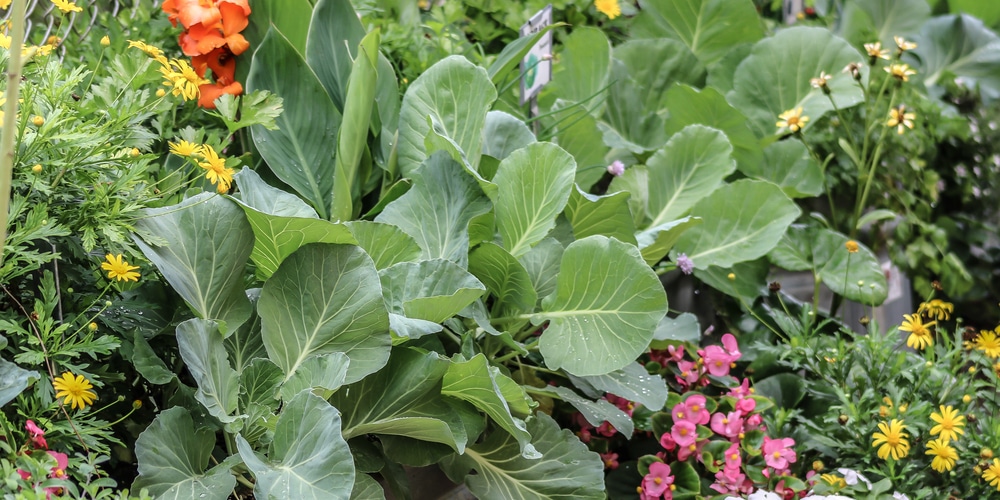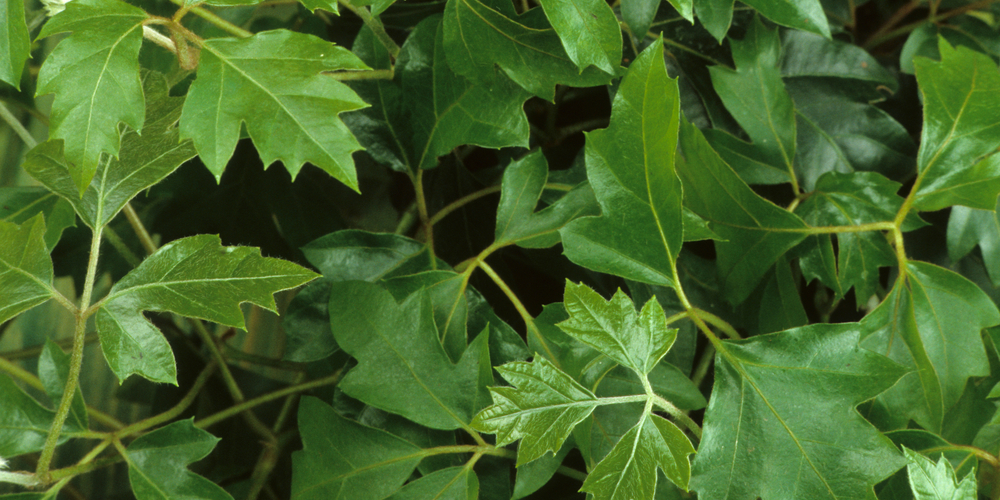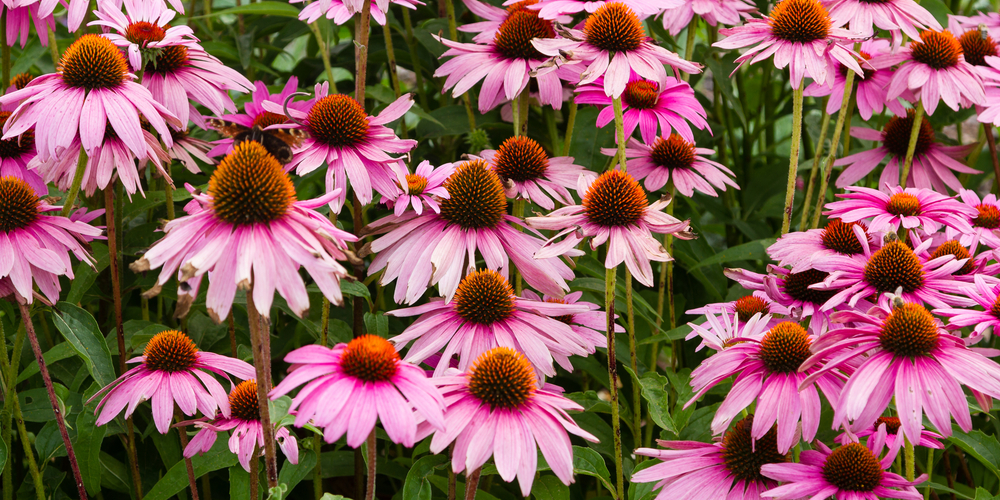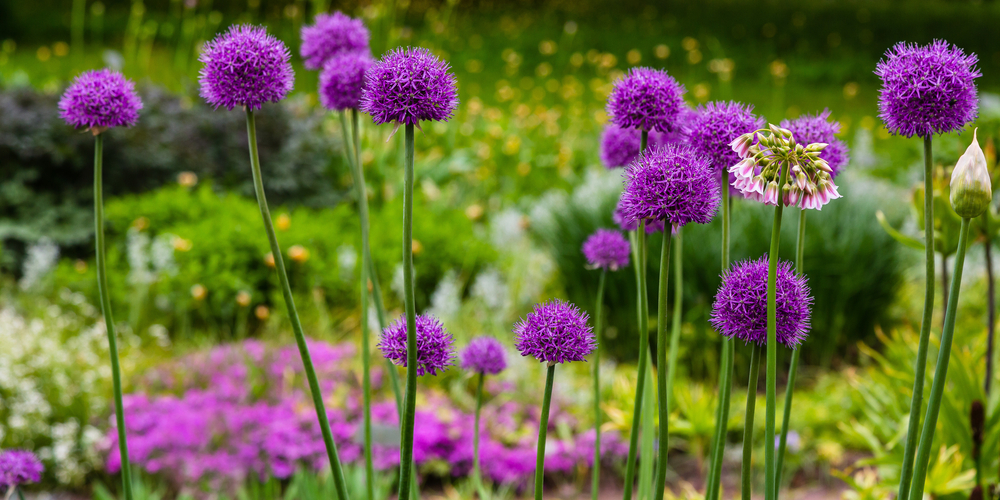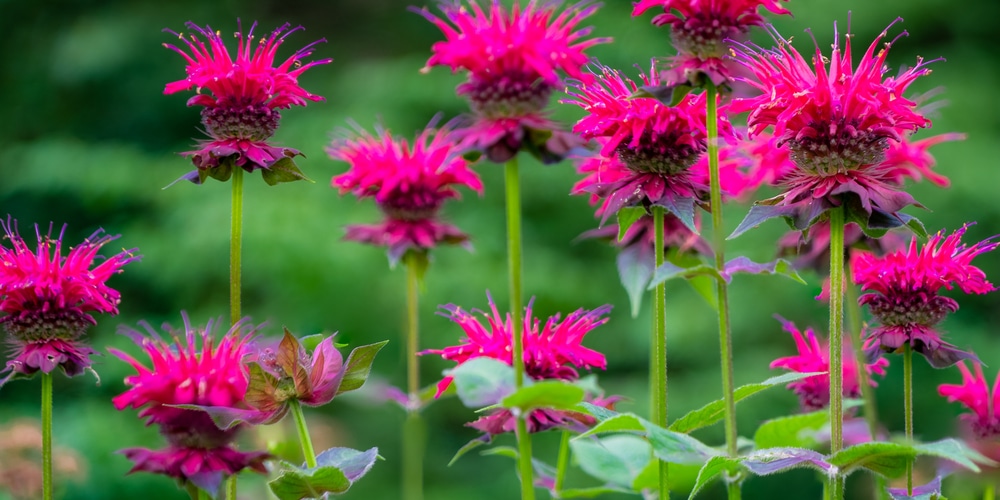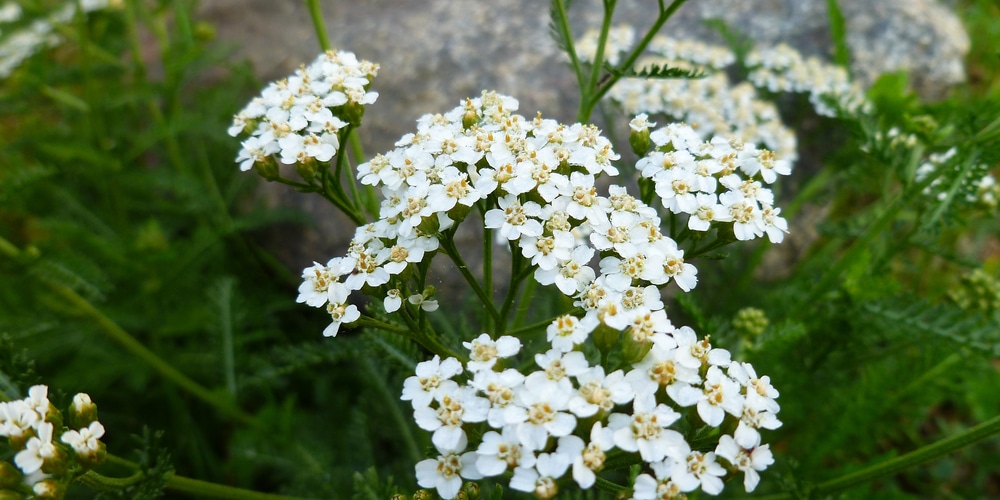Hyssop is a perennial that produces stunning spikes of blue and violet flowers which attract bees and butterflies. Besides the joy of having a lively garden, beneficial pollinators also serve as natural insect repellents. If you have a garden with plants susceptible to diseases, adding hyssop can be a way to prevent attacks from harmful pests. You can also combine Hyssop companion plants in your yard. To get some idea about which plants might work best, read our essential guide.
Hyssop Companion Plants
Hyssop is a herb that doesn’t have the hype that lavender or rosemary gets, but that is equally as beautiful and pleasant to grow. This plant comes from the family of mint and serves as a tasty medicinal herb that can help you add new tastes to your meals. Because its blooms arrive in late summer and fall, it contributes to making your garden look alive when most plants start to go dormant. Also, this plant thrives in various soil types and moisture contents. Because of their adaptability, hyssops get along with most herbs and plants.
Consider adding some Hyssop Companion plants to your garden to get the most out of these plants’ ability to deter insects and create stunning combinations to make your garden look attractive all year round.
Herbs
Consider pairing your hyssop with other herbs like lavender, rosemary, or sage. Not only will they grow in a beneficial symbiotic relationship, but they will also contrast and complement each other with their different types of foliage and flowers.
Cabbage
If you are trying to grow vegetables in your garden, consider adding hyssop around your cabbages. This plant will liven up the space and deter the terrible cabbage moths and flea beetles. Indeed, hyssops have a strong scent of mint that keeps away most insects. Use hyssop as boundary plants for your vegetable gardens to get the most out of their protective abilities.
While these herbs do well with most vegetables, avoid planting them near radishes: they seem to harm their growth.
Grape Vines
If you are growing grapes in your garden, you might benefit from using hyssops as companion plants. Most gardeners experience an increase in yield when hyssop is around, probably because of its pest deterrent abilities. Plus, hyssops’ attractive flowers can make your garden more aesthetically pleasing during the fall, when most of your vegetable plants will be dormant.
Coneflowers
Coneflowers are ideal hyssop companion plants. They produce vibrant flowers and soften the hyssop’s harsh texture. In exchange, hyssops keep weeds under control and prevent attacks from harmful insects. Coneflowers look great next to hyssop’s vertical leaves and flowers: try it for yourself: you won’t get disappointed!
Alliums
Not all plants do well next to the strong-scented onions, garlic, or scallops. However, hyssops can thrive as their companion plants. If you want to add more color to your vegetables, consider planting your alliums with hyssops. Both will serve as powerful pest deterrents in your garden. Together, they will enhance their power, which can come in handy if you have plants susceptible to diseases around.
Bee Balm
This native North American plant produces clusters of purple tubular flowers that add a nice contrast to hyssop’s darker leaves. Plus, since both plants thrive under similar conditions, they won’t compete for water and nutrients and will grow in a beneficial symbiosis.
Yarrow
Yarrow is a versatile perennial with showy bright yellow flowers that rise above clusters of dark foliage. These plants can be an attractive aesthetic addition to your garden when paired with hyssop, especially if you like to take flower cuttings from your plants.
Hyssop Companion Plants: The Bottom Line
You can choose among various hyssop companion plants for your aromatic herb. Avoid adding hyssops under walnut trees, as the two can compete for nutrients and water and will not grow next to each other. Besides this, you can pair your herb with almost any plant with positive results. Of course, don’t forget to check with the individual plant’s requirements to make sure you can add it to your garden without having to change your soil nutrient content.
If you live next to the woods, you may appreciate hyssops for their capacity to deter deer and other mammals which might destroy your garden. Consider using this plant as a boundary for your vegetable garden or around your property to reduce attacks.

